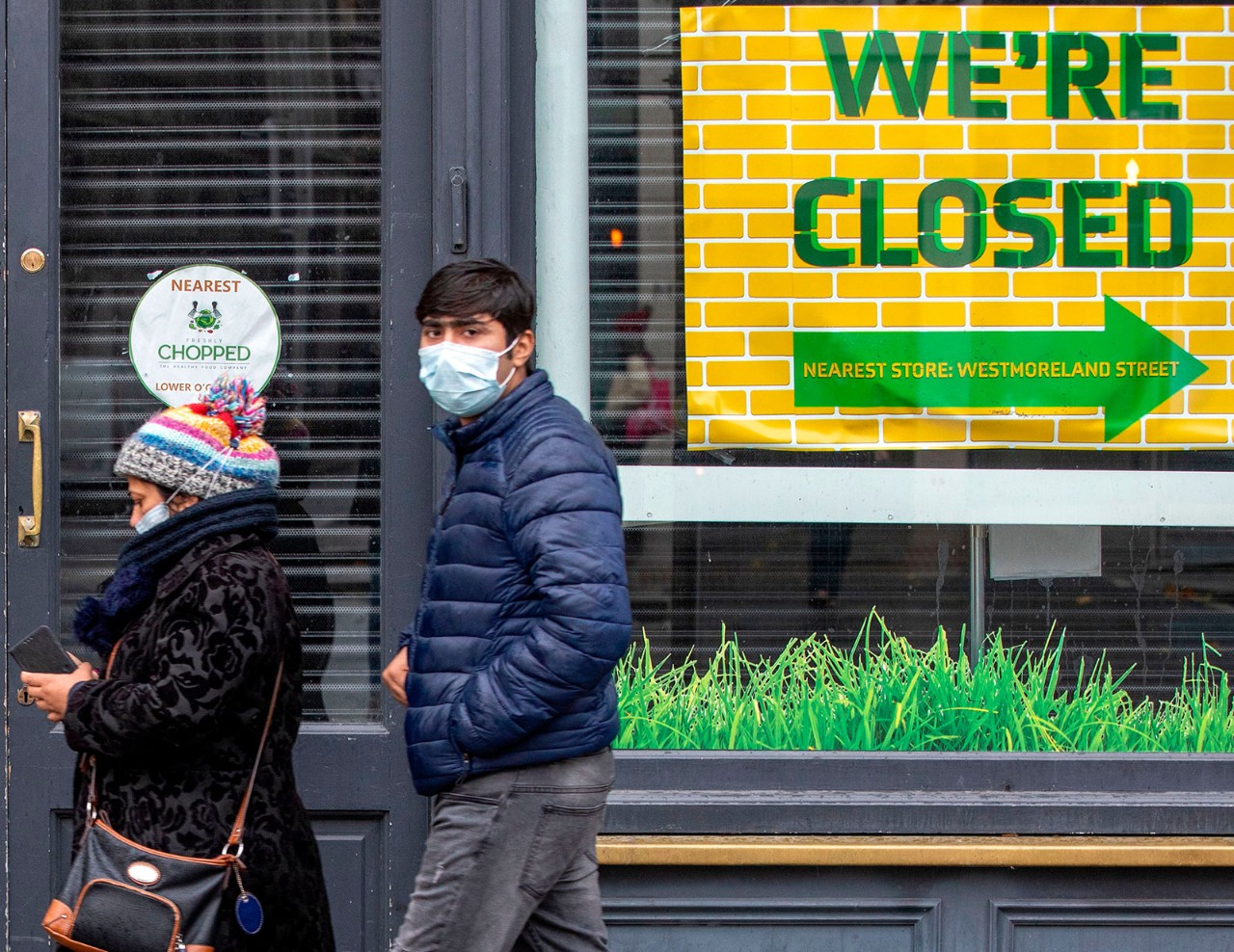
Lockdown fatigue, mask-shaming, cancel culture – since the pandemic took hold we have a whole new vocabulary and a whole new set of challenges.
Against this backdrop, a group of accountancy professionals from across retail came together at an event in ACCA’s ‘Talking…’ series to discuss some of the issues and trends facing the industry, including:
- Is sustainability now back on the agenda?
- Are we ready for recovery or merely survival?
- Has the pandemic changed the business of doing business?
- No quick fix
Perhaps the overriding sentiment among the group was that we are in it for the long haul, and businesses need to adapt. There is no quick fix, and the businesses most likely to succeed will be those able to adapt to the new conditions.
And while pre-pandemic forecasts could be made based on historical data with a reasonable degree of certainty, this is no longer possible. Constant forecasting, budgeting and scenario planning are now required to meet the new and volatile market conditions. With so many variables in play, it will be extremely difficult to plot a path to recovery.
For example, fuelled by a degree of fear and anxiety and the trend to work from home, there has been an upsurge in local shopping. This certainly helps local businesses, but what is the cost to city centres?
If you’re not transforming at an accelerated rate, you can bet your competitors will be
Further information
Find out more about ACCA’s Talking Series
Online acceleration
Online shopping has accelerated massively, but this is causing challenges around warehousing. As more and more people discover the ease and convenience of online shopping, supply chains (and inventory management in particular) will be tested, as consumers’ delivery expectations continue to rise.
What has also become apparent is that more and more people are doing less shopping in physical stores. This is not simply because they are anxious about entering what may be perceived as unsafe environments, but because social distancing and mask-wearing rules have taken much of the fun and spontaneity out of shopping.
Sustainability focus
Sustainability has returned to the agenda and, significantly, is becoming more of a focus for investors. Brand reputation and shareholder perception are both key issues when it comes to displaying ethical credentials.
Driving innovation
Another positive outcome of the pandemic is that it is driving innovation. Change is being adopted at a faster rate as a strategic imperative. Of necessity, finance is being automated, business models are being adapted and more insight is being generated.
With low productivity growth in the UK over the past 10 years, there is also an acceleration away from retailers that are not performing or transforming.
All the trends that were predicted to take years to develop are now happening within the space of months. If you’re not transforming at an accelerated rate, you can bet your competitors will be.
Christmas conundrum
This year’s Christmas trading period will be particularly difficult to predict accurately and will vary by region. Those consumers who are already on low incomes and have come off furlough or been made redundant will have far less disposable income.
Yet there will also be those who can afford to spend and may wish to treat themselves and their families after a very difficult year. Less social activity could generate more luxury purchases, especially in food and drink.
What now?
With no end to the pandemic in sight, further lockdowns being imposed, an end to furlough, winter looming and the prospect of a no-deal Brexit, there has never been a more volatile and challenging time for UK retail.
The economy is in a constant state of flux, and adaptability, agility and innovative thinking will be critical for retail businesses to survive.




